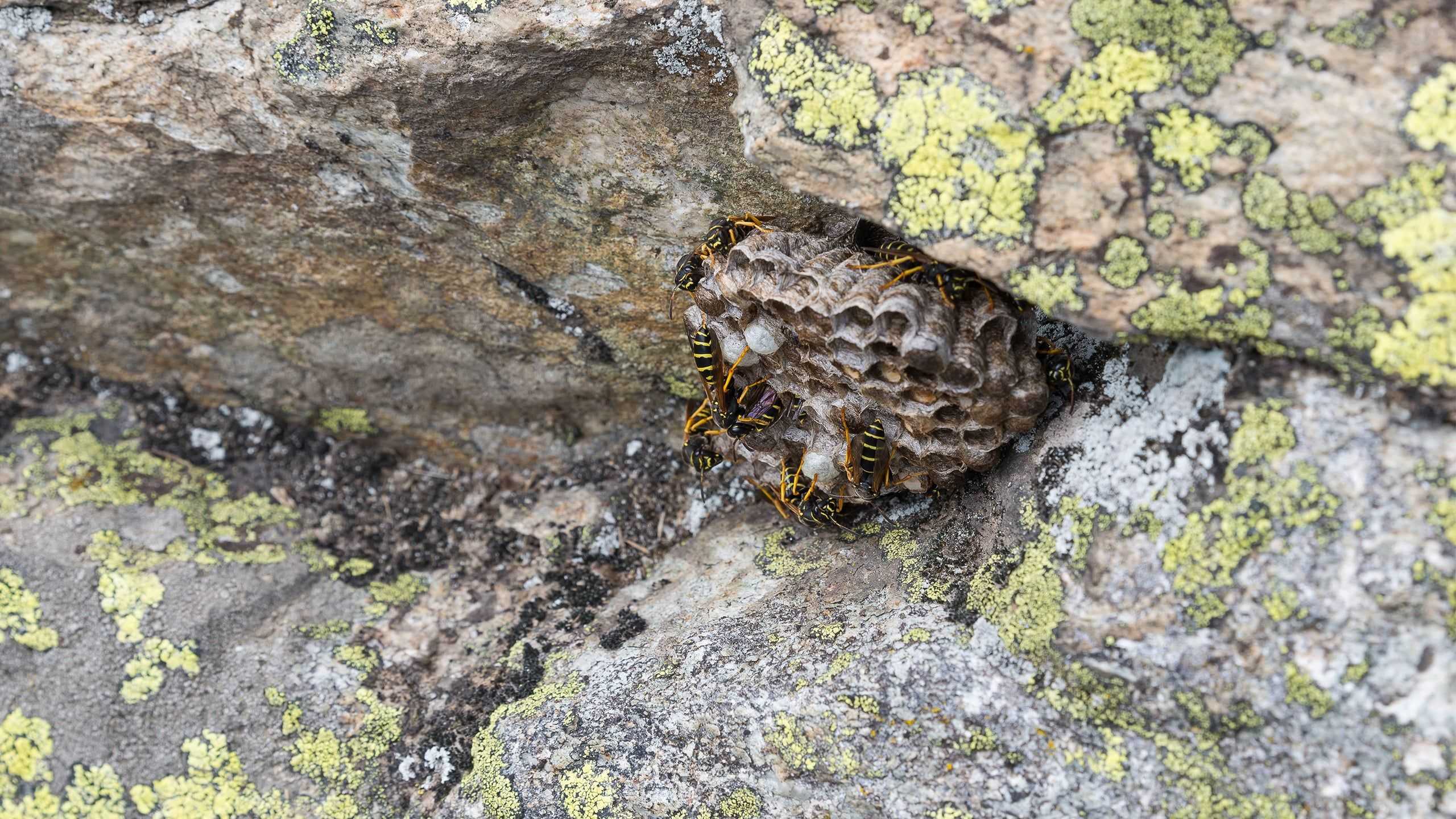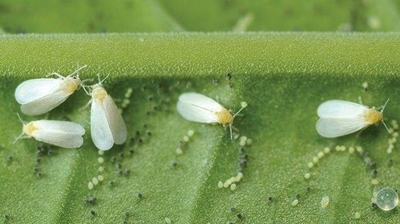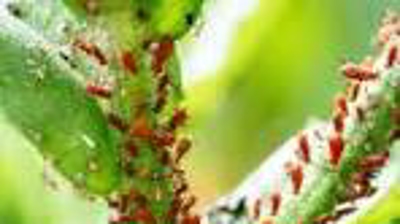

Stinging Insects

Stinging Insect Identification & Prevention
Westfall's Lawn And Pest Guide To Stinging Insects
The simplest definition of stinging insects would be that they are insects that sting. Stinging insects are either social or solitary. Social stinging insects live in large groups and work together as a team to care for the nest, colony members, and the queen.
By reading through our helpful pest guide, you can learn about stinging insects in Florida and how we can partner with you to keep them away from your yard and family.


